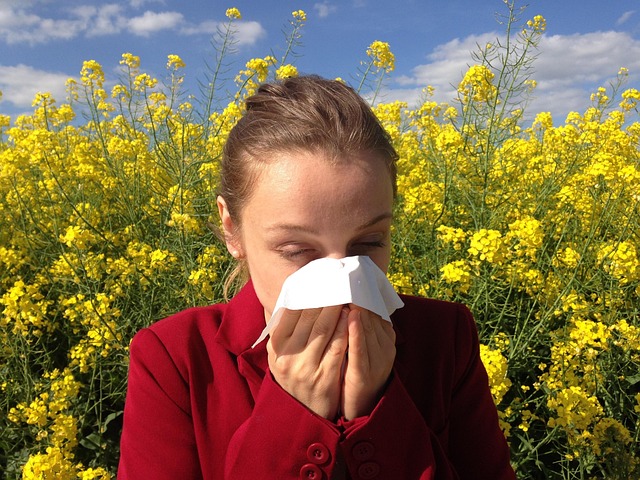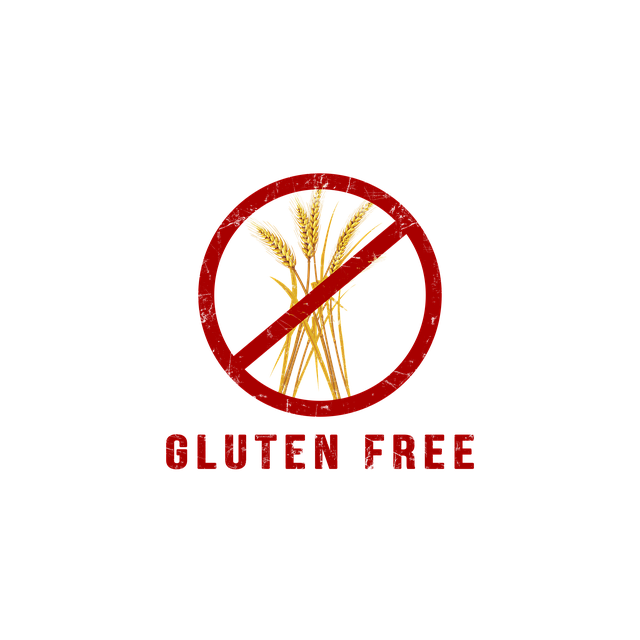This text explores the diverse and wide-ranging health effects of mold exposure. Individuals with allergies or sensitivities are at risk for respiratory issues like sneezing and coughing, while others may experience skin irritation, itchy eyes, headaches, fatigue, cognitive problems, and in extreme cases, severe symptoms like nausea, dizziness, and neurological disorders. Recognizing these mold exposure symptoms is crucial for prompt action to prevent complications, especially in moist environments with visible mold growth. Prolonged exposure can lead to serious conditions like toxic mold sickness, requiring medical attention and treatment to manage symptoms and remove the mold source.
“Mold, often unseen, can pose significant health risks in your home or workplace. This article delves into the various aspects of mold exposure, from immediate symptoms like runny noses and coughing to long-term immunological reactions and rare yet severe cases of toxic mold poisoning. Understanding mold allergy risks and its health effects is crucial for recognizing potential issues related to respiratory problems and other systemic problems. By knowing the signs, you can navigate and mitigate mold-related threats effectively.”
- Mold Exposure Symptoms: What to Look For
- Mold Allergy Risks and Immunological Reactions
- Health Effects of Prolonged Mold Exposure
- Toxic Mold Poisoning: Signs, Symptoms, and Treatment
Mold Exposure Symptoms: What to Look For

Mold exposure symptoms can vary greatly depending on the individual and the type of mold present. Those with a mold allergy or sensitivity may experience respiratory issues like sneezing, coughing, nasal congestion, or difficulty breathing. These mold related respiratory issues can be particularly problematic for asthmatics or those with chronic lung conditions.
Beyond respiratory problems, common mold exposure symptoms include skin irritation, itchy eyes, headaches, fatigue, and even cognitive issues. In cases of severe toxic mold sickness, individuals may experience nausea, vomiting, dizziness, and neurological symptoms. Recognizing these health effects of mold is crucial as prompt action can prevent further complications.
Mold Allergy Risks and Immunological Reactions

Mold exposure can trigger a range of health issues, especially for individuals with pre-existing allergies or compromised immune systems. For those susceptible to mold allergies, prolonged or intense exposure can lead to severe immunological reactions. Similar to pollen allergies, some people may experience symptoms like sneezing, runny nose, and itchy eyes when exposed to certain types of mold. However, the risks extend beyond respiratory issues.
In cases of toxic mold sickness, also known as mold poisoning, individuals might exhibit more serious health effects. This can include persistent coughing, wheezing, difficulty breathing, and even neurological symptoms such as headaches, memory loss, and confusion. The signs and symptoms of mold-related health problems can vary widely, making it crucial to be aware of potential mold exposure risks, especially in environments with high moisture levels or visible mold growth.
Health Effects of Prolonged Mold Exposure

Prolonged exposure to mold can have severe health effects, especially for individuals with pre-existing conditions or compromised immune systems. Mold exposure symptoms range from mild to severe and may include respiratory issues like coughing, wheezing, and difficulty breathing. Over time, this can lead to chronic sinus infections, asthma attacks, and other mold-related respiratory problems.
Additionally, some people may experience mold allergy risks, triggering reactions such as sneezing, itching eyes, and skin rashes. In more severe cases, exposure to toxic mold can result in signs of poisoning, including headaches, fatigue, memory loss, and even neurological issues. It’s important to recognize these potential health effects and take proactive measures to prevent prolonged mold exposure in indoor environments.
Toxic Mold Poisoning: Signs, Symptoms, and Treatment

Toxic Mold Poisoning is a serious condition that occurs when an individual breathes in or ingests mold spores. The symptoms can vary greatly depending on the type and amount of exposure, duration, and individual sensitivity. Short-term exposure to high levels of mold spores can cause immediate health issues, including respiratory problems like coughing, wheezing, and difficulty breathing, as well as skin irritation and allergic reactions. Prolonged or repeated exposure may lead to more severe symptoms such as chronic sinus infections, persistent coughs, fatigue, memory loss, and even neurological issues.
The signs of toxic mold poisoning can range from subtle to severe. Some individuals might experience mild discomfort like headaches, nausea, dizziness, and a general feeling of unwellness. More severe cases can present with more pronounced symptoms, including fever, chest pain, severe respiratory distress, joint pain, and cognitive impairments. If you suspect mold exposure has led to poisoning, immediate medical attention is crucial. Treatment typically involves addressing the symptoms, removing the mold source, and taking steps to prevent further exposure. Antifungal medications might be prescribed for severe cases, along with supportive care to manage specific health effects like respiratory issues or allergic responses.
